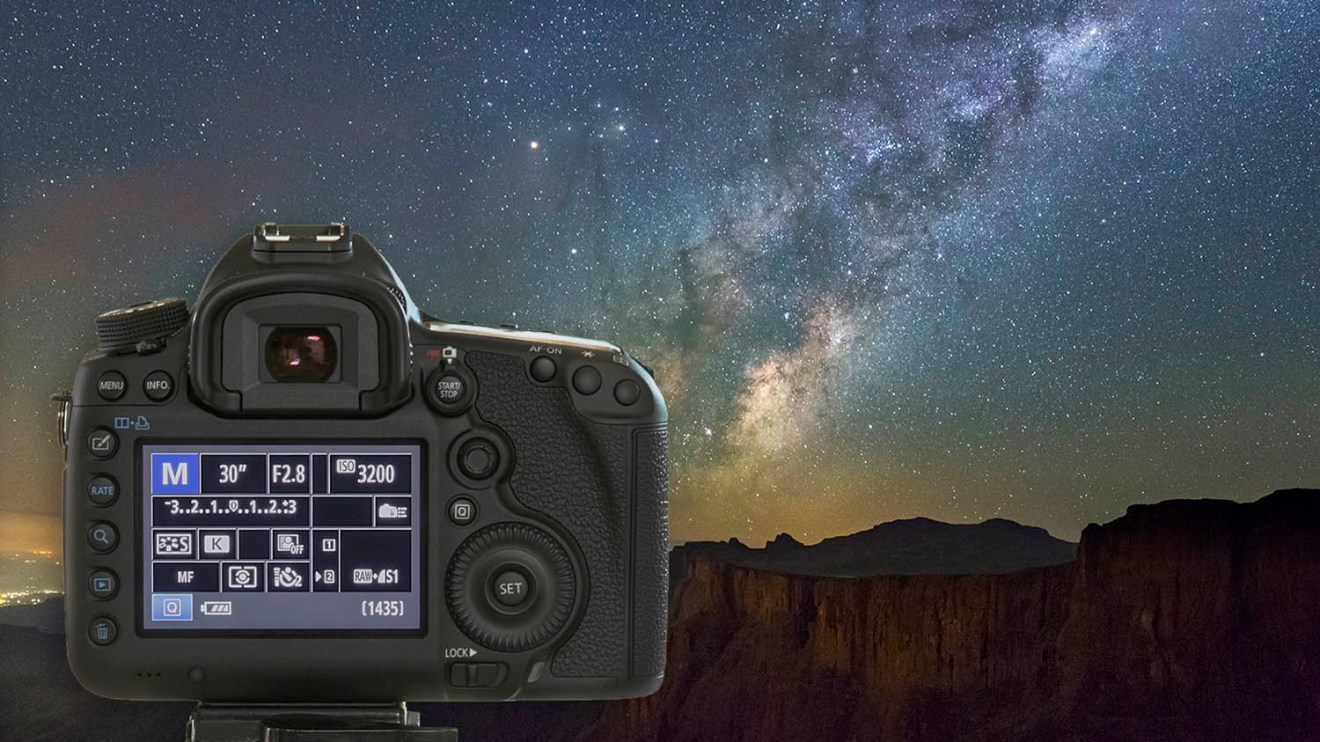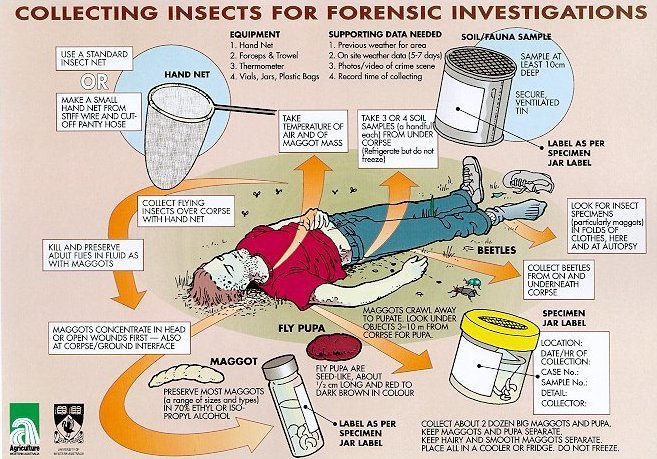
If you're looking for photography equipment near me, you've come to the right place. These four storefronts offer an amazing selection of high-end cameras and accessories. There are many options for you to choose from DSLRs and digital cameras, as well as accessories such lens bags and tripods. The employees' most recent photographs will be on display.
Paul's Photos
You may be looking for a photography equipment store near me, and you have come across Paul's Photos. It's located on Hawthorne Boulevard just north of the Paul's and Samy's chain. The company is a specialist in various photographic accessories and equipment. They even sell accessories online.
Abe's Maine
Abe's Maine offers a large selection of professional-quality equipment for photographers. You can find everything here, including mirrorless and SLR cameras as well as point-and shoot cameras and many lenses. You can also find accessories such as tripod stands and memory cards at the store. Abe's Maine's staff is knowledgeable and passionate about photography.

Abe's Maine has served the photographic community since 1979 and continues to provide the best customer care. The company offers competitive pricing and free shipping to the U.S. as well as financing options. They don't charge sales tax for customers outside New Jersey.
Mike's Camera
Mike's Camera is an excellent place to buy photography equipment. Their staff is professional and friendly. Their staff embodies the Mike's Camera team spirit, and is passionate about what it does. This team isn't sleazy and fake, so you don't need to worry about them being sleazy.
Mike's Camera is here to help, regardless of whether you're beginning or experienced photographer. They have a range of educational programs that range from free in-store workshops to multi-day in-field workshops. The staff at Mike's Camera takes great pleasure in teaching others, and the atmosphere in the store fosters relationships with customers.
Precision Camera & Video
Precision Camera & Video is a store that sells photography equipment in Austin. It offers a wide range of services and products, including camera rentals. It also provides photo lab and repair services. The store offers rental of lenses and cameras as well.

Precision Camera & Video offers amateur and professional photographers the same level service. A student discount is available, as well as educational events and a Youtube channel with product overviews. In addition, there are several locations around the country and many of them carry competitive pricing. Although staff may not know much about photography, it is possible to try cameras out in stores before you buy. There are also many online options for cameras and lenses.
Yodobashi
Yodobashi Photography Equipment Store offers a large selection of equipment and accessories. Yodobashi sells everything, including interchangeable lenses as well as the latest single-lens reflex digital cameras. Accessories like tripods and lens cleaning tools are also available at Yodobashi. Many of the employees at the store also speak English.
Yodobashi might be the perfect place for beginners to photography. The store has a whole floor dedicated to cameras and a counter for repairs on the third floor. There's something for every type of photographer, from amateurs to professionals. The store is so massive and diverse that it's worth visiting just to take in the scale of it all.
FAQ
What camera is the best for beginners, and why?
The best camera to use for beginners is dependent on your needs, budget, and skill level.
For example, if you're looking to save money, you might choose a point-and-shoot digital camera. These cameras offer good quality but aren't very versatile.
A DSLR (Digital Single Lens Reflex) camera has interchangeable lenses that let you shoot different types of shots. These are typically more expensive than point-and-shoots, but they provide much greater flexibility.
For those new to photography, a beginner's kit is a great place to start. The package includes everything you need: a camera, lens, memory cards, tripod, flash and a camera body.
Don't forget to buy extra batteries too!
Which Camera Should I Buy?
That all depends on what kind of photographer you want to become. A basic point and shoot camera is enough if you are just starting.
You'll probably want something more advanced once you've learned the basics. The choice really comes down to personal preference.
These are some considerations before you purchase a camera.
-
Features: What features do I need? Will you use manual settings or autofocus? How many megapixels do you have on your camera? Is there an optical viewfinder?
-
Price: How much will you spend? Are you planning to upgrade your camera every year or two?
-
Brand: What brand will you be satisfied with? There is no reason to settle for less than the very best.
-
Functionality: Can you use your camera in low light situations? Are you able to take high-resolution images?
-
Image Quality: How clear, sharp, and crisp are your images.
-
Battery Life: How long will your camera last between charges?
-
Accessories: Do you have the ability to attach flashes, additional lenses, and so forth? ?
Is photography a talent
Photography is not an artistic talent. It is an art that takes practice, training and experience. To master any aspect of photography, it takes years of practice and study.
Photographing is a business that requires a plan.
To do this, you need to understand what kind of clients you want to attract and find ways to reach them.
You must know their identity and what they want. To convince them to purchase your services, you need to be able to communicate clearly.
This means that potential clients will require you to be well-organized.
A portfolio of your work is essential in order to be able to approach potential clients. This can be done digitally using software programs or printed onto paper.
Once you have created your portfolio, you need to find opportunities to display it. This could mean approaching businesses directly or advertising online.
Statistics
- There are people out there who will pick at flaws they can only see in 100% crops of your photos. (wikihow.com)
- That's the easiest way to get blurry photos 100% of the time. (photographylife.com)
- This article received 13 testimonials, and 100% of readers who voted found it helpful, earning it our reader-approved status. (wikihow.com)
- While I cannot prove that all of those spots were not sensor dust, the photo was taken during a heavy snowstorm…so I guess that 99.8% of the spots are snowflakes. (bhphotovideo.com)
External Links
How To
How to take macro photographs in photography
Macro Photography is defined as the ability to capture small objects such as flowers, insects, and even people at close range. The term "macro" comes from the Greek word makros (makros), meaning large. A lens with a focal length over 50mm can be used to take photos of objects very close up.
A good macro lens should have a long working distance and a fast aperture, so you can get sharp images without moving around too much. Because of the possibility of blurring your image from movement, you should avoid taking photos while moving.
Here are some great tips to create stunning macro photographs.
-
Use a tripod. Set up a table or chair so you don’t knock anything over. This will reduce the chance that you move when trying to take photos.
-
Select the right lighting. You can get a macro lens with built-in lights filters. However, if you don’t have one, you can purchase one. It helps to prevent overexposure.
-
Be patient! Shooting macros takes practice. Sometimes you may only see a tiny bug or flower, but it's worth it to keep shooting until you catch it.
-
RAW is the best format for shooting. RAW files have more data than JPEGs. They can store more detail. RAW files can be edited later and allow for more detail such as cropping and color correction.
-
Remember to include the background. Even though you've got a nice foreground object, sometimes the background adds interest to your shot. Try to include it in your photo.
-
Keep learning.